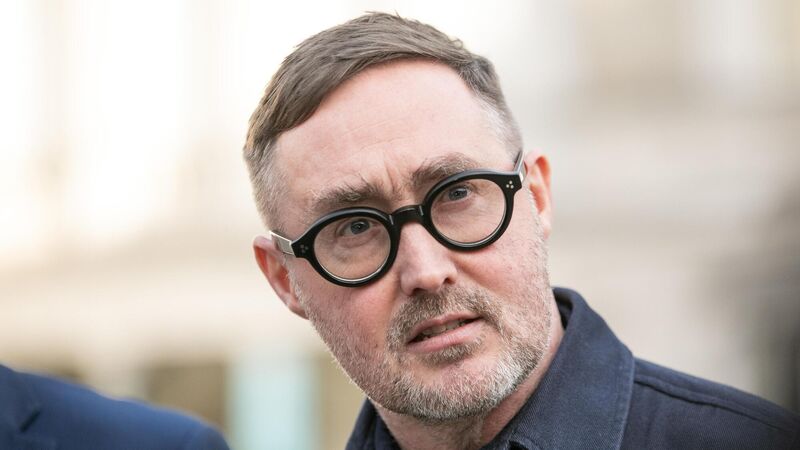Vacancy tax payments in decline despite estimate of 82,000 vacant properties

Sinn Féin’s housing spokesman Eoin Ó Broin said the Department of Finance must conduct an 'urgent review' into the tax. Picture: Gareth Chaney/Collins
Try from €1.50 / week
SUBSCRIBEOnly a fraction of owners of vacant residential properties have paid the vacant homes tax (VHT), and the latest figures show the number of payments are actually falling.
There are estimated to be more than 82,000 vacant properties across the country, yet Revenue has confirmed that just €1.6m is due to be taken in from the vacant homes tax in 2024.
Already a subscriber? Sign in
You have reached your article limit.
Annual €130 €80
Best value
Monthly €12€6 / month
Introductory offers for new customers. Annual billed once for first year. Renews at €130. Monthly initial discount (first 3 months) billed monthly, then €12 a month. Ts&Cs apply.
CONNECT WITH US TODAY
Be the first to know the latest news and updates
Newsletter
From the corridors of power to your inbox ... sign up for your essential weekly political briefing.

Select your favourite newsletters and get the best of Irish Examiner delivered to your inbox
Friday, February 13, 2026 - 8:00 PM
Friday, February 13, 2026 - 4:00 PM
Friday, February 13, 2026 - 5:00 PM
© Examiner Echo Group Limited